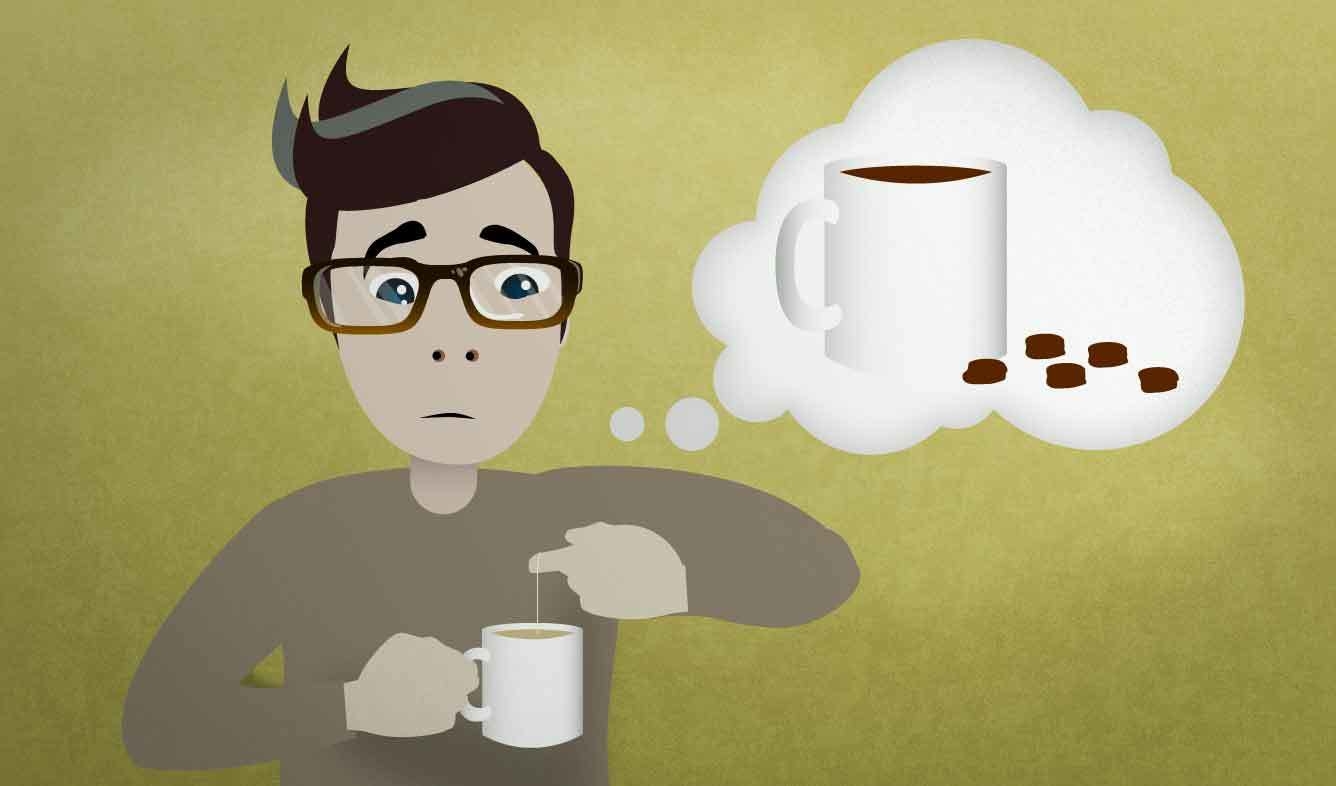“Better than nothing, I guess.”
You want a cup of coffee, but you've run out of coffee at home. You make a cup of tea instead, and say this to yourself:
Better than nothing, I guess.
Want Video and Sound? Follow us on YouTube

(something) is better than nothing.
This expression is useful for the following situation:
- There's something specific which you want.
- You can't get it.
- You can get something else instead, which is not as good but is OK.
For example, if you really want some vanilla ice cream, but you don't have any, you can eat a cookie instead and think:
Well, it's not ice cream, but it's better than nothing.
Sometimes "___ is better than nothing" can be shortened to just "Better than nothing."
(sentence), I guess.
You can end your sentence with "...I guess" when you're either not very sure about something:
A: It's not working.
B: You have to have a password, I guess.
You can also use this phrase when you're not happy about something:
I'll stay here and keep working, I guess.
Another phrase that you can use in this situation is "I suppose," which is a little more formal:
A: Is it OK if I send you the payment online?
B: Yeah, I suppose.
